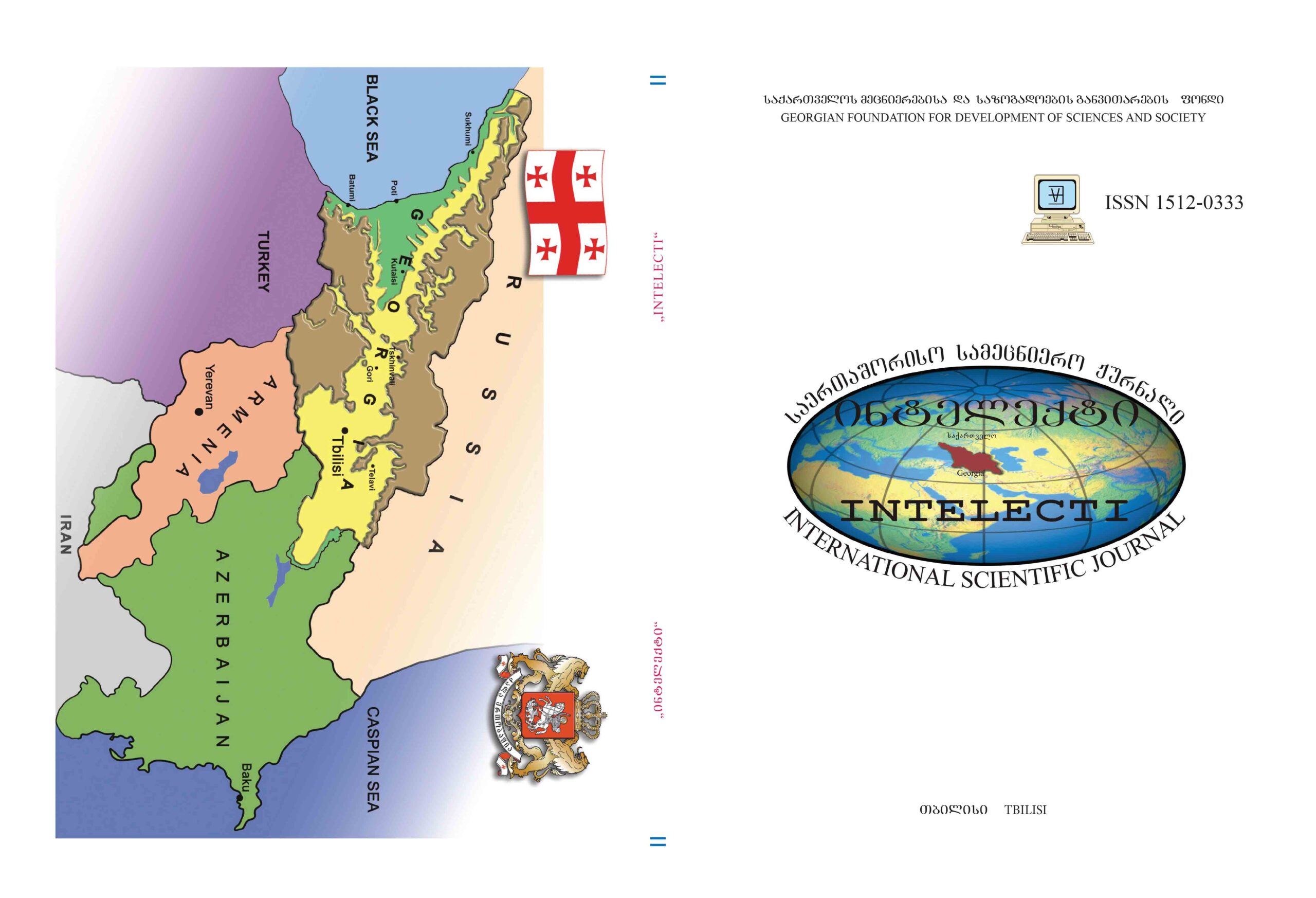How did the voucher financing of general education schools (the amount of the standard voucher corresponding to the financial norms calculated for one student) turn into program-voucher financing of an unknown type
Main Article Content
Abstract
The main goal of the transition to a voucher system of funding was to distribute educational resources more
equitably, as opposed to the vicious centralized funding practice where only school staff salaries were paid. The
education of all students should be funded regardless of private and public sectors and the amount of funding should
be equal.
What happened in reality from January 2006 to today (October 2022), from the "universal" model of voucher
financing, we got an unclear, in some cases discriminatory voucher/program/base financing model, which has no
analogues in any civilized country.
Specific questions are asked, but there are no answers. e.g.:
- Why is the voucher different for students in grades 1-8 and 9-12?
- Why is the voucher different for students of non-Georgian-speaking and Georgian-speaking schools of grades
1-8?
- Why is the basic funding different for students of Georgian-speaking and non-Georgian-speaking schools?
- Why can't all the costs be included in the voucher formula and additionally not be financed the allowances
provided for the status of the doctor/nurse, the coordinator of the implementation of the bilingual school plan,
the teachers?
- Why is the voucher different between public and private schools?
- On what basis is the 300 GEL voucher for a private school student determined?
The article discusses the trends that are characteristic of the education system of our country. The initial stage
of the reform was more or less fair and equal. In the next stage, the privilege of public schools was clearly highlighted
in terms of funding, and the private sector was left without attention. According to my recommendation, it is necessary to develop a new formula for funding education in general
education schools, which will be fair, transparent, focused on improving the quality of teaching and learning and
school development.
Today, the public school is not developing - it is only stagnating. The school voucher covers wages and utility
costs. There are schools that cannot even cover utility costs and are subsidized by the Ministry of Education and
Science. Therefore, I think that the voucher should not include utility costs (natural gas, electricity, water), which
are constantly increasing and make up 50-60% of school funding. This expense should be included in the budget of
local self-governments.
Voucher must cover:
- employees' salaries;
- the cost of school sights and educational resources necessary for teaching;
- the cost of teacher and employee trainings;
- the cost of school projects and grants;
- etc.
It is necessary that the amount of the voucher allows the development of the school. As you know, every
school has a mission and strategic goals, and a perfect voucher is needed to achieve exactly those goals.
According to the constitution, the state fully finances general education. In order to finance general education,
the Government of Georgia determines the financial norm for one student and the amount of its corresponding
standard voucher. The voucher is for the student and no matter which school he/she moves to - its amount should
not change
